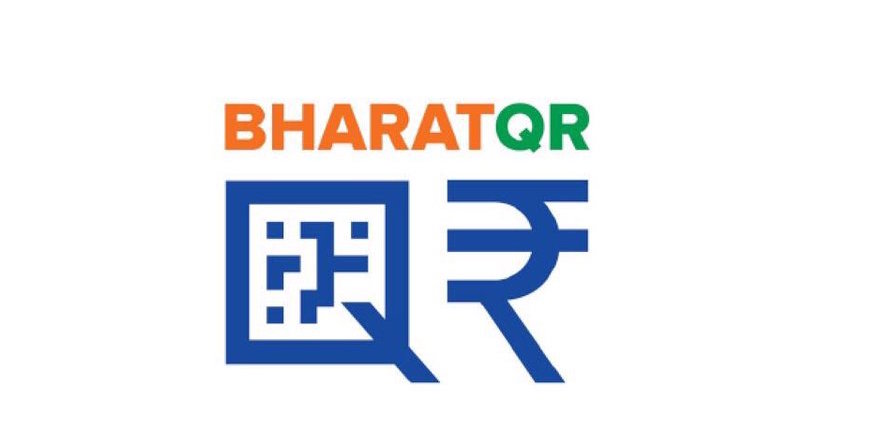BharatQR Code Payments Charges and Fee (Can it beat Paytm?)
Many of you would have already heard about the next digital payment initiative by Indian Government called BharatQR codes. BharatQR code is an QR scheme similar to PayTM QR codes which a merchant can print and put it on his/her shop and customers can pay by scanning the QR code using his/her mobile easily.
In India, QR code based payments have already proved successful due to excessive marketing of PayTM. BharatQR codes seems to be building on top of that and has a good chance for taking over the pole position from PayTM.
BharatQR supports quick and easy digital payment using Visa, Mastercard, Rupay Card and American Express. That basically includes every debit and credit card in India and hence is not tied to a specific bank or organization. Moreover due to government push, every bank mobile app will soon have an option to pay using BharatQR.
But as everybody knows, India is a price sensitive country and real success of BharatQR will depend not just on technology or its reach, but also on the charges and fee charged for BharatQR code based payments. And will they be competitive of Paytm or not?

BharatQR code Payment - Charges and Fees
BharatQR code payments is an easy mechanism to pay using debit card and credit cards without requiring the costly system of hiring POS (Point of sale) machines to swipe card.
For payments done through debit card and credit cards, every transaction need to pay a minimum fee called Merchant Discount Rate (MDR).
Currently MDR (Merchant Discount Rate) is 0.75% if the debit card transaction is less than Rs 2000 and 1% charge if the transaction value is more. MDR for credit card transactions is not that simple and it is bank specific and typically more than MDR of debit cards. Many people have reported it to be in between 2% to 4% margin.
Given this, we can guess a charge/fee ranging from 0.75% to even 4% per transactions for BharatQR code based payments. There is no single place to figure out these charges easily at this moment and merchants will need to ask their respective banks while registering for BharatQR code.
BharatQR code charges and fees vs Paytm
Currently paytm leads the QR code based payments. In Paytm, neither the merchant nor customer pays any charges or fees at the time of transaction. Instead, merchant need to pay a fixed fee while transfering the money to their bank accounts. As of Feb 2017, this fee is also set to 0% by paytm to gain market share.
Hence at this moment, the overall charges/fee of Paytm is 0% and thus BharatQR code will not find it easy to compete with Paytm in terms of charges/fee etc.
Later once Paytm starts charging merchants to transfer money back to their accounts, it will change fast. Eventually Paytm will also need to charge fees to make profit. But can it charge 0.5% and still make profit? -- we don't know yet.
BharatQR code - A Counter Move by Visa and Mastercard
Another way to look at Bharat QR code initiative is from the perspective of Visa and Master Card. BharatQR scheme is a joint project between NPCI (National Payment Corporation of India) and Visa and Master Card.
Due to multiple government initiative like UPI, BHIM app and rise of wallets like Paytm, Visa and Master cards are loosing business like anything. Earlier they used to get a massive cut on every transaction (out of MDR), but now majority of digital transaction in India is happening out of Visa and Master Card network.
BharatQR code seems to be a counter move by Visa and MasterCard to remain relevant in Indian economy and make a lot of money in that process.
BharatQR - what we want?
We think the right approach for NPCI (and Indian Government) should be to delink BharatQR from credit/debit cards exclusive and instead allow users to use either UPI or credit/debit cards. This will open the ecosystem and eventually the transactions with least finance charges/fee will win.